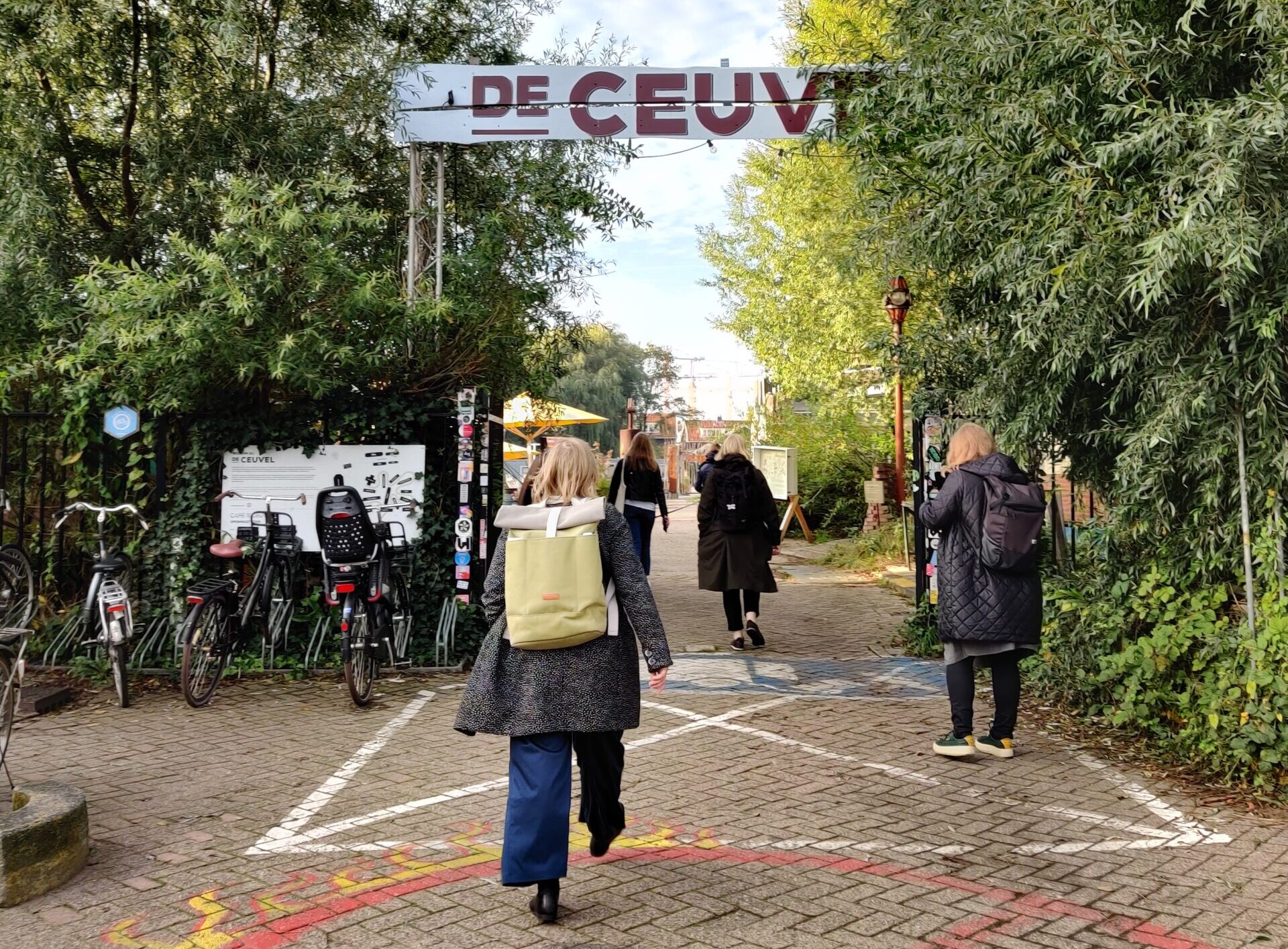

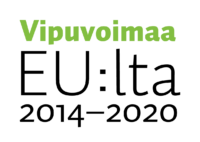
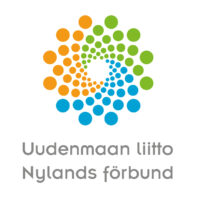




Amsterdam is a sharing economy forerunner, and the Circular Green Blocks project team visited the city in autumn 2022. They will now tell us what they learned on their excursion.
Why Amsterdam?
Amsterdam has long been a pioneer in sharing economy. Sharing economy is a way of sharing, borrowing or leasing goods or other resources instead of owning them. Initially, sharing economy stood for mainly sharing items between private individuals for free or for a small fee, but sharing also started to become a business fairly quickly. AirBnB, focusing on the sharing of accommodation, is perhaps one of the most well-known examples of this.
In 2015, the sharing economy network ShareNL declared Amsterdam the first Sharing City in Europe. From the outset, the City Mayors and delegates have been open to and promoted the development of sharing economy through their own activities. The first action plan to promote the sharing economy was drawn up already in 2016.
The Circular Green Blocks project will test and pilot sustainable solutions to promote sharing and circular economy together with neighbourhoods, housing companies and companies. Amsterdam and its operators already had several years’ experience with the sharing economy, which is why the city was selected for our visit in October 2022.
What is being done in Amsterdam
The residents of Amsterdam are more familiar with sharing culture than Finns. That is no wonder: the first sharing economy service, SnappCar, was introduced over 10 years ago when a small local group started sharing their cars with each other.
Sharing economy is a widespread business in the Netherlands. In Amsterdam and other large cities in the Netherlands, several companies, such as Peerby, MotoShare and Thuisgekookt, operate alongside SnappCar. They have long since made their business profitable. According to a study, up to 84% of Amsterdam residents could share goods or services with each other. Of those using sharing economy platforms, 60% have paid for the service or goods they use.
Amsterdam has been an urban and successful city since the late 13th century. Perhaps living in close proximity to each other in small urban dwellings for centuries has made sharing culture familiar and, on the other hand, necessary.
De Ceuvel: Concentration of creative and social sectors
One of our destinations on the trip was the De Ceuvel living lab area. De Ceuvel, located in a former shipyard and industrial area, focuses on innovations in the circular economy aiming at maximum self-sufficiency.
The area is a hub of creative and social sectors with a 10-year temporary operating licence from the City of Amsterdam. The idea of De Ceuvel was born when a group of local inventors wanted to show that the contaminated land area could be used for something innovative and interesting without excavating or modifying the land. Everything operates above the ground in De Ceuvel, including water supply networks, which has challenged operators to consider new solutions to everyday problems.
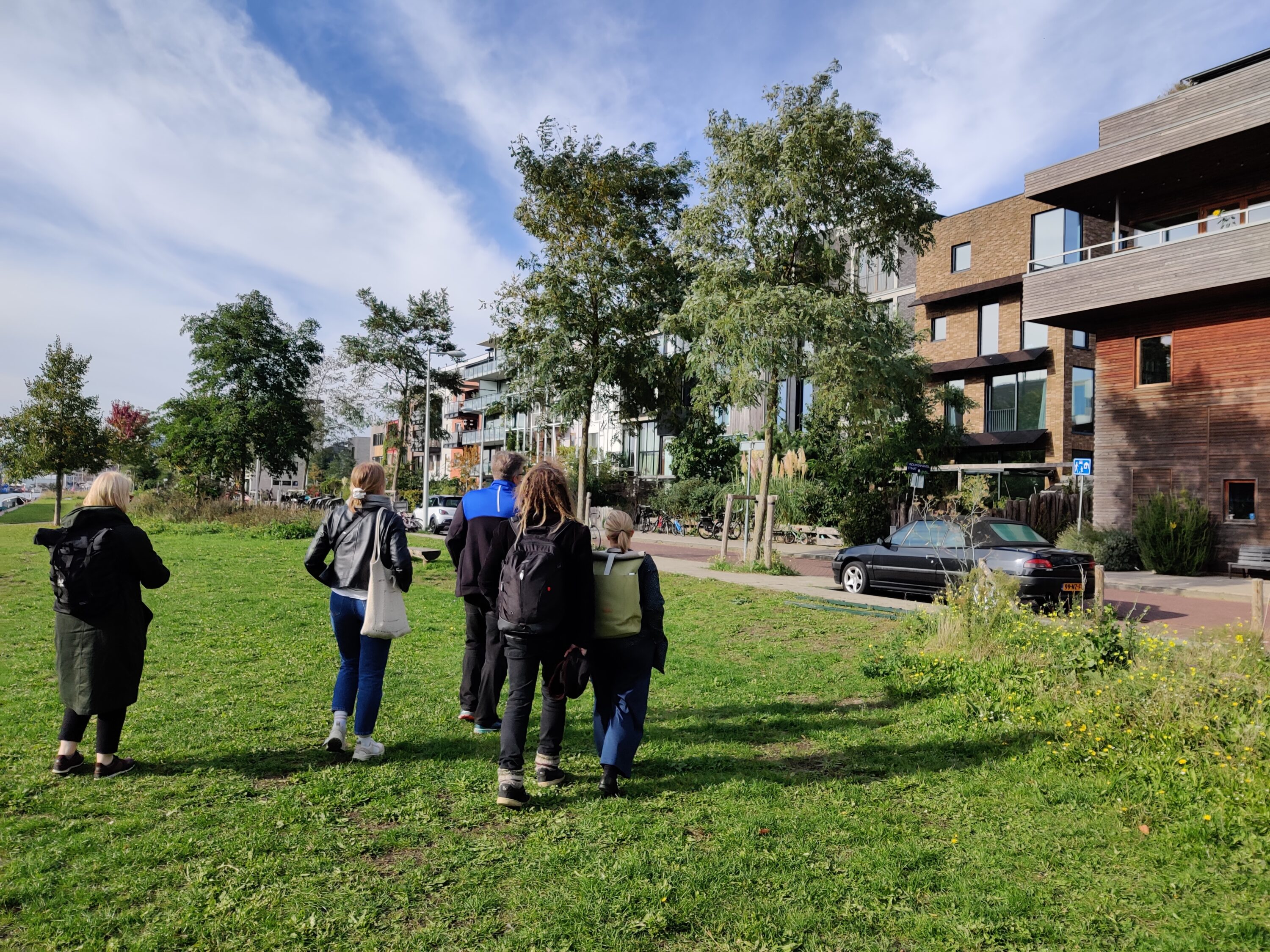
Doughnut economics and the perfect material cycle
During the visit, we met the innovation team of the City of Amsterdam and local sharing economy entrepreneurs. Since 2016, the City has moved more extensively from sharing economy towards the promotion of circular economy.
The most recent circular economy strategy of the city of Amsterdam is based on a model by the British economist Kate Raworth, the doughnut model, that respects the limited nature of social and material resources. The City aims at halving the use of new materials by 2030 and establishing a closed material loop by 2050.
Last year, the City launched the CircuLaw service that compiles information on the laws and regulations related to the circular economy and examples of their application.
Encounters demonstrate that attitudes change
However, the highlights of our trip included meeting all the people who used their own stories to illustrate how thinking and behaviour are transforming in Amsterdam and elsewhere in the Western world.
Peerby, one of the sharing economy companies we encountered, was born when its founder, Daan Weddepohl, lost all of his belongings in a fire and had to ask for help from others. A company that makes neighbourly assistance visible was born out of personal experience. In Peerby, users borrow, rent and donate their own goods to others.
Innovator Frank Alsema built his entire townhouse home using recycled materials, and the experienced sharing economy expert Harmen van Sprang created an entire global network around the promotion of sharing economy.
It became clear that change will not happen without passion!
Read more about the Circular Green Blocks project and our pilots on the Helsinki Region Environmental Services Authority website.
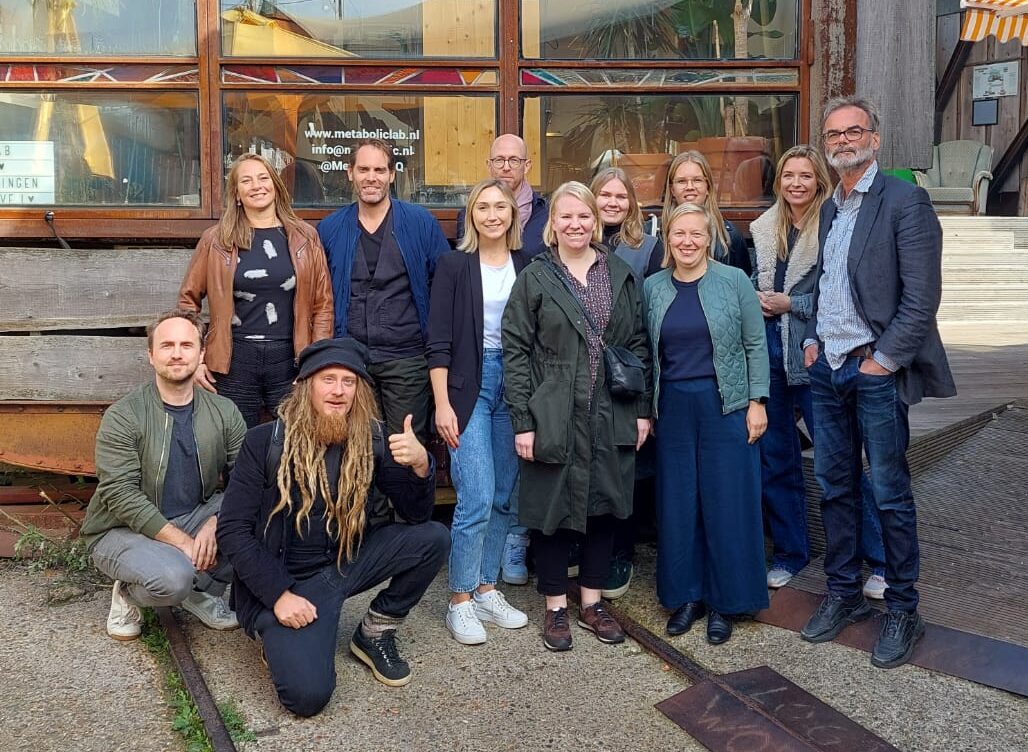
References:
The text utilises the experiences gained from the Circular Green Blocks project benchmark visit to Amsterdam on 3–6 October 2022, the Urban Sharing project report 2019 and the Amsterdam Circular Strategy 2020–2025.
The text was written by the Circular Green Blocks – Sustainable city quarters as circular economy business promoters project (9/2021–8/2023) team. The project promotes circular and sharing economy in residential blocks together with housing companies, businesses and the City. The project is being implemented by the Helsinki Region Environmental Services Authority HSY, Forum Virium Helsinki, Aalto University and Metropolia University of Applied Sciences.
The project is funded by the European Regional Development Fund as part of the European Union’s COVID-19 recovery efforts.
Additional information
